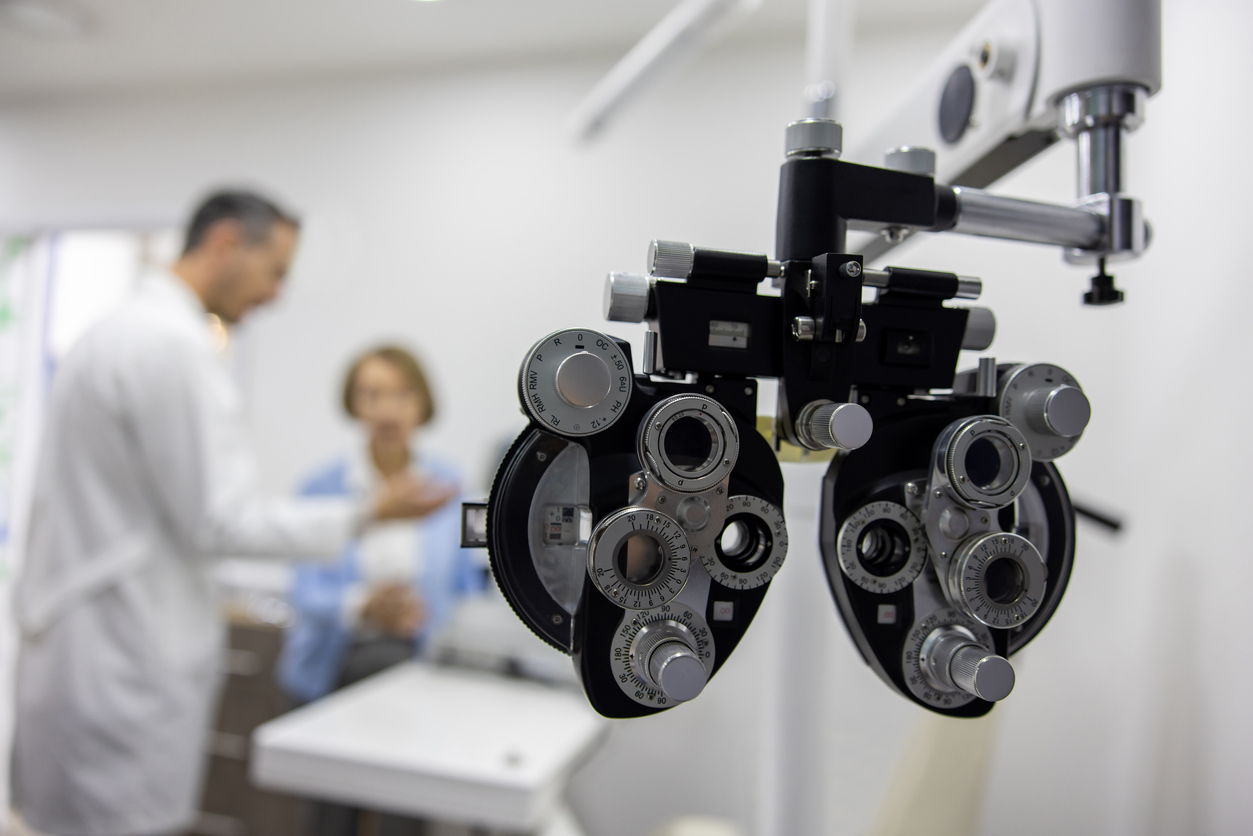In one of our recent posts, we explained what “Business Interruption” (BI) coverage is and how it works. Our readers responded with thanks – and with additional questions. While they understood the importance of BI – how it makes you whole, and restores you financially to a position you’d be in if you had not suffered any loss at all – they wanted more specifics.
We had several requests for real life scenarios to which BI applies. So, we decided to put together a couple of examples of BI coverage at work.
Projected Revenue/Business Earnings
You have a sense of what your business will earn on a month-to-month basis. But how do you explain that to an insurance company that isn’t familiar with your day-to-day operations??
Historical sales are one possible way – but they don’t often paint the whole picture. There are usually many other factors besides historical sales that must come into account to show what you would have earned during a period when your business operations are interrupted due to a property loss.
Take a pizza shop owner, for example, who has made several business improvements: he increased his menu options, installed additional seating in the shop, and added a breakfast menu to his existing food options. All of those improvements affect what his sales would have been during the BI period. If an insurance company accountant reviews the books and sees a declining trend, that accountant will naturally apply that declining trend to the financial projections.
The business owner, on the other hand, already saw that declining trend and took steps to reverse it. Because of the property loss, however, the business owner won’t have the chance to enjoy that turn-around in the real world. The revenue spike that the business owner would have enjoyed (because of the improvements made) needs to be accounted for.
Another good example is a restaurant that had a bad year, but secured an excellent promotional appearance on a premier dining show – say Phantom Gourmet – just before experiencing a big fire. The Phantom Gourmet appearance would reliably have led to a big spike in revenue – but it didn’t happen because of the fire.
Left to most forensic accountants hired by the insurance company, the restaurant would not receive the benefit of the doubt. But a public adjuster would take steps to account for the spike the restaurant would have had. The PA can: look at sales at other locations; look at similar periods of time in the past (e.g., 4th of July in Cape Cod when it falls on a Wednesday, which historically delivers huge revenue boosts to restaurants); or talk to trade organizations that have supportive data.
To read about an additional example of BI coverage in a real-world scenario, please see our upcoming post on “Cost of Goods Sold.”




